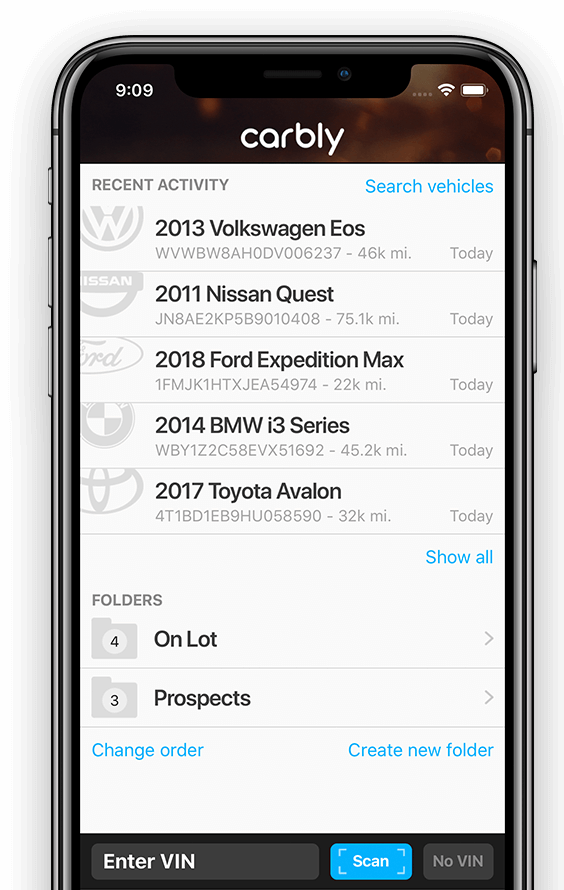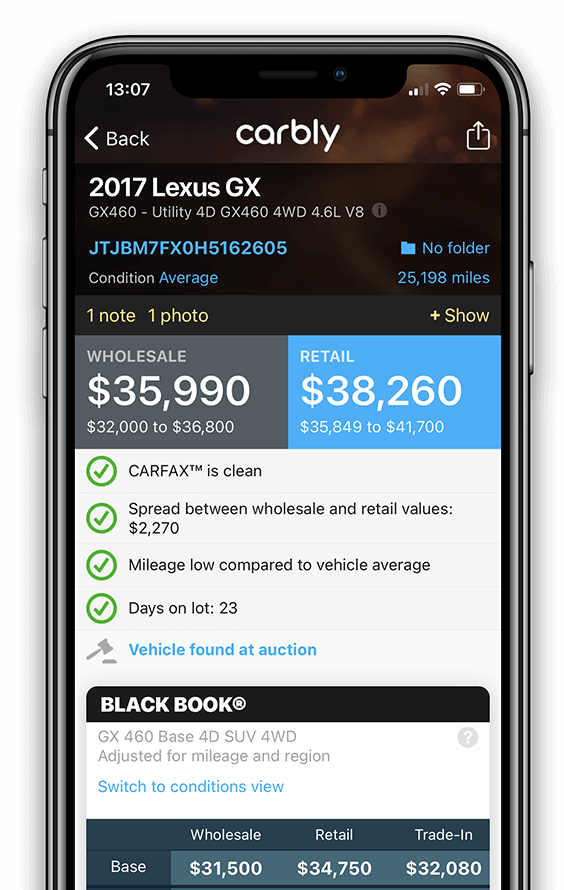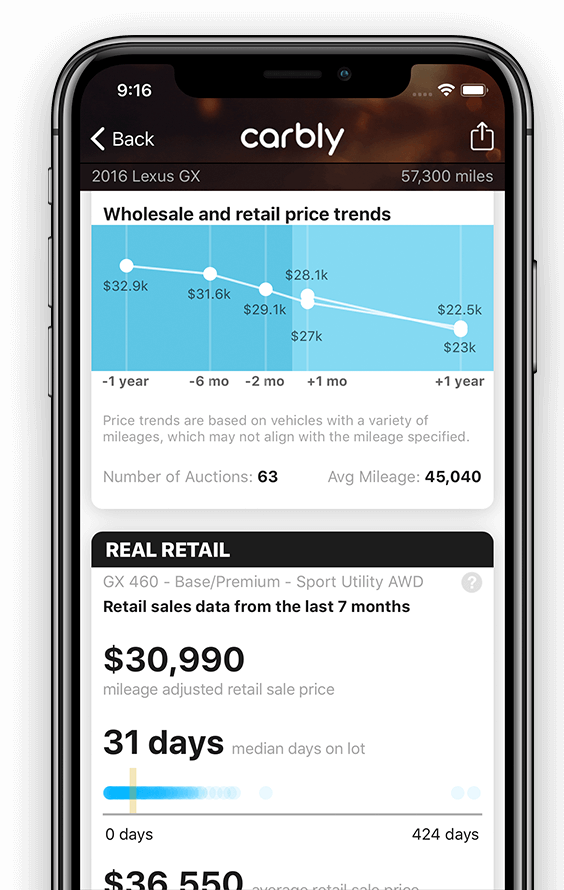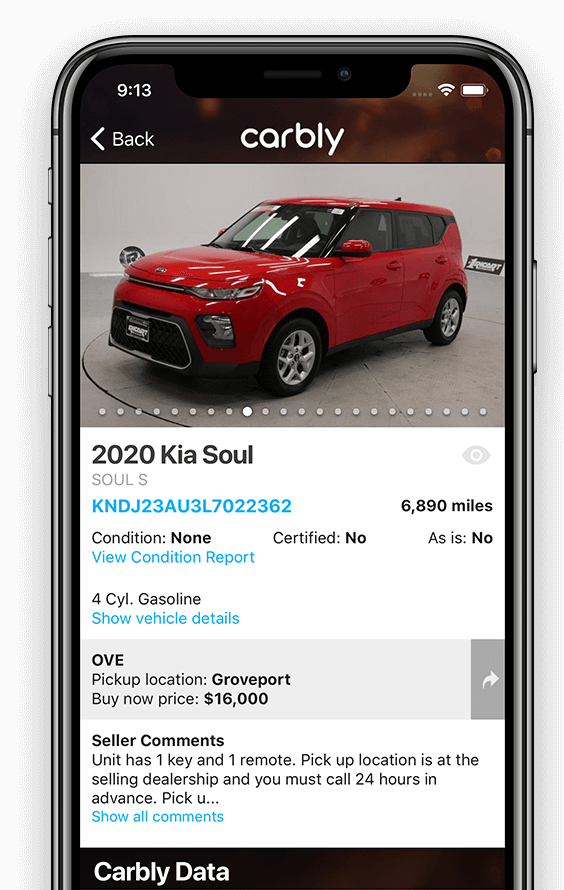Buying or selling a vehicle at the right price can be a challenging process, and it all starts with determining what you think is a fair (and profitable) price. Except in very rare scenarios, the appraisal process starts with looking at book values to understand what the market is willing to pay. Of course, Carbly's appraisal tools have everything you need to make this determination
In our experience, these are the top 5 mistakes people make when putting a value on a car or truck.
1. Overlooking the little things
There are a number of details about a vehicle's condition that can completely wipe out any profits you hope to see on the other side of the sale. For example, how many keys does the car currently have? If the answer is less than 2, you might be in for a big surprise when you go to have them made. Modern keys are sophisticated little pieces of technology, and often involve a trip to an authorized dealer for re-keying. Some manufacturers charge $500 or more per key made, which is likely a large percentage of any projected profits.
Another easy-to-forget detail is tire condition. Especially if you're planning to sell at retail, tires need to be in good condition. A set of tires is another cost that further reduces your chance at a good return on investment.
2. Relying on only one source of data for valuations
Don't put all of your eggs in one basket when looking at valuation books. If you were to compare any 2 appraisal data providers, you're likely to see wide variations in estimated value. That's why we're big proponents of Source Triangulation when doing price research. It's not time consuming, and gives you just that little bit of extra confidence when buying a vehicle.
3. Not accounting for both sides of the vehicle market
No matter how appealing a deal may seem relative to other wholesale prices, it's important that careful consideration also be given to the retail market. The retail price is the ultimate ceiling that governs final selling price so you need to make sure that wholesale acquisition cost, dealer fees, reconditioning and marketing costs don't amount to or surpass retail selling price, thus eating up potential profit.
To do this properly, it's also important to differentiate between the retail asking price versus the actual retail selling price. Often retail pricing is a game of follow the leader whereby dealers simply ask similar numbers to what they see others asking. An asking price is merely a place from which to start negotiations and is rarely the price paid by the retail buyer. The actual amount paid is usually a lot less. The Carbly app features Real Retail data that provides actual retail selling price comps so that you can always be sure you know what the true retail ceiling is.
The retail price range is one a few market variables to consider, another major factor is Market Days Supply (or turn time, or days on lot). If the vehicle you're about to buy typically sits on a lot for more than 30 days, you'll need to consider whether you're willing to keep and promote it for that long.
4. Underestimating repair and reconditioning costs
Unless you're also running your own R&R services in-house, this is possibly one of the most difficult aspects of moving cars. The keys to the whole process are 1) knowing accurate costs for repair and reconditioning, and 2) knowing whether or not the money spent will be returned in the sale.
Understanding these costs intuitively will come with experience in the business. If you don't yet have this experience, develop relationships with a few local businesses that specialize in this type of work, and get quotes from them on work before you've made the purchase. This will protect you from drastically underestimating the money required and lead to better deals.
5. Not considering distinguishing vehicle features
Getting book values for a vehicle will paint a pretty good picture for you in terms of the overall market, but to take things to the next level it often requires a little more insight.
Don't forget to consider other vehicle details when making purchase decisions. For example, if you've found a vehicle in an uncommon color you need to assess whether or not this will make the car more or less valuable for prospective buyers. Does a sunroof in a wet climate like Seattle make the car less desirable? Is the vehicle you are appraising a 2WD model when demand only exists for 4WD? Considering these factors could make the difference between a waste of time and a great buy.
Carbly has world-class, modern appraisal tools to help you make the right buy and sell decisions for your dealership. Learn more about what Carbly can do for your business.





